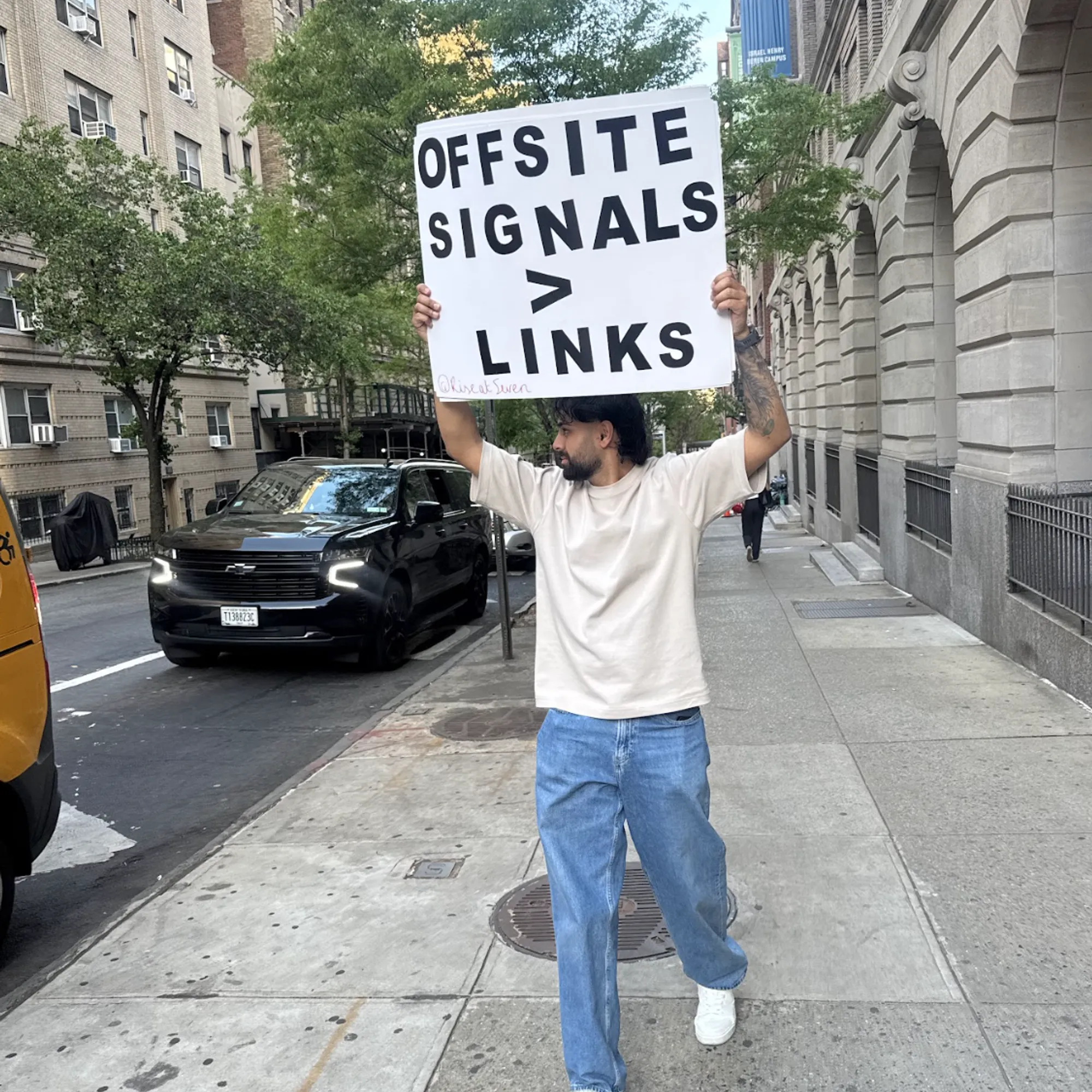On Tuesday, Google announced that it will roll out page experience signals in May 2021. This latest announcement ties in with the one it published earlier in May 2020 as part of their ongoing commitment to making the web more delightful for users across all web browsers and devices.(Update - the roll out has been pushed back a month with a rollout starting mid June 2021)
What are Page Experience signals?
Page experience signals measure aspects of how users perceive the experience of interacting with a web page beyond its pure informational value. In principle, it ensures that website owners deliver the most helpful and enjoyable experiences for their users.
The new ranking signals combine Core Web Vitals with the existing search signals including:
- Mobile-friendliness
- Safe-browsing
- HTTPS security
- Intrusive interstitial
Pro-tip: The new ranking signals are not ONLY Core Web Vitals; they are a combination of Core Web Vitals AND the other four existing ranking signals.
Possible layout changes in search result pages
Google also hinted that it would consider making some changes and tweaks to the way it would display search results to accommodate these new ranking signals.
Currently, Google is using the image preview and search result snippet to help provide context for users to better understand the type of information a page can provide.
Visual indicators have been suggested as one way to provide something similar for these new ranking signals, and Google is currently working on one that identifies pages that have fulfilled all of the page experience requirements.
What that means is that, in the search result pages, Google will give a clear indication to users of pages with poor page experience, similar to the indicator that identifies when a page has been hacked or could potentially be harmful if you click on it.
Will these new ranking signals have a significant weighting?
Given that they are an amalgamation of five individual ranking signals, we would posit a YES.
Will the new ranking signals have impact on my site now?
In short, no, not immediately.
As they will roll these out fully in May 2021, you will not see any immediate impact at all.
However, if your site has had ongoing technical debts or issues such as slow page load speed, poor mobile usability, or intrusive interstitials, you might already have issues with your organic search performance anyway.
What does this mean to my brand?
The countdown is on.
You need to get your act together and start addressing the technical SEO issues on your site. AND, ideally, fix them. Pronto.
Okay, I get the idea. What do I need to do?
Get ready for the changes.
Google has released a variety of tools that website owners can use to start improving their page experience. A sitewide audit of pages may be required in order to identify room for improvement.
Google Search Console’s report for Core Web Vitals is a good place to start and gives you an overview of how your site is performing for both desktop and mobile devices.
Website owners can also use Google Page Speed Insights (PSI) and Chrome Lighthouse, along with Chrome UX Report and Chrome Dev Tools. Check out this full roundup of tools to get started.
If you are a publisher and have AMP on your sites, Google has recently released AMP Page Experience Guide - a diagnostic tool that provides developers with actionable advice.
Five steps to optimise your page experience
We’re not going to deep dive and will keep it very top level, but here are some steps to help you measure, monitor and optimise your page experience.
- Measure your Core Web Vitals (and improve them)
Use Web Dev Vital Tools as we’ve mentioned above.
- Check if your page is mobile-friendly
You can use the Mobile-Friendly Test to check.
- Check if your site has any security issues
Check your Google Search Console:
- Check if your site’s connection is secure
Check for that green padlock on your browser to see the security status and see if you have an SSL certificate on your site.
- Ensure that your site isn’t using intrusive interstitials.
Make your content easily accessible to users.
The bottom line
It’s not armageddon but it is sensible to get ready anyway.
While page experience is important, Google still endeavours to rank pages with the best information overall, even if the page experience isn’t optimum.
Great page experience doesn’t override having great page content. Nevertheless, in cases where there are many pages that may be similar in relevance, page experience can be much more important for visibility in search.

















